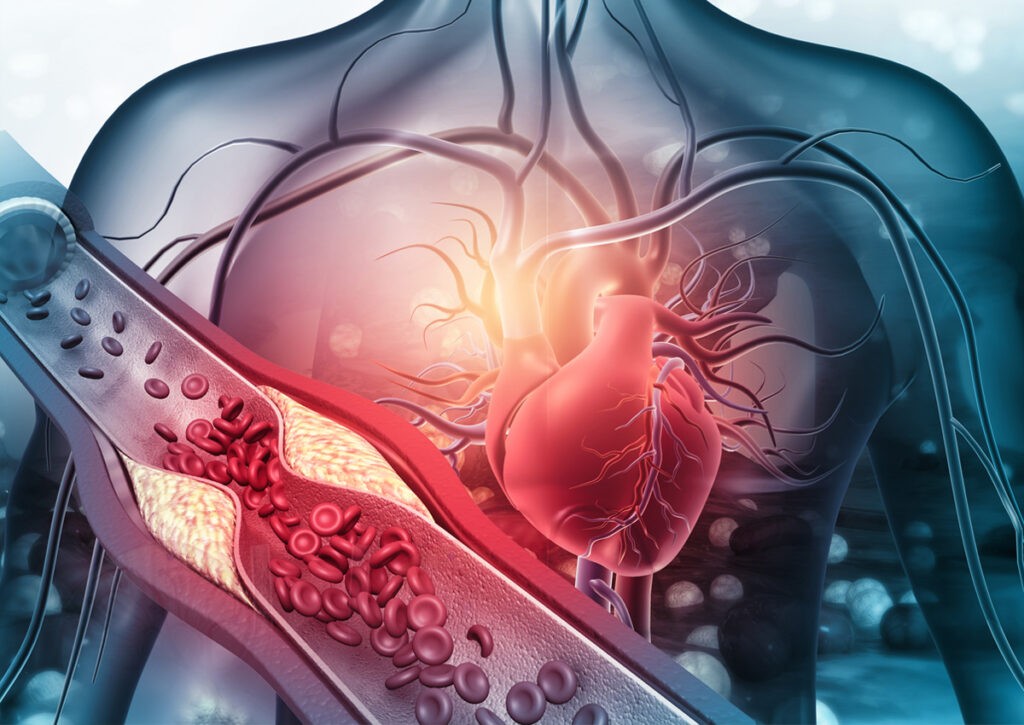13/11/2023
13/11/2023

NEW YORK, Nov 13, (Agencies): In a groundbreaking development reported by Verve Therapeutics of Boston at the American Heart Association meeting on Sunday, an experimental cholesterol-lowering treatment utilizing gene editing has shown promising results. The trial, involving 10 patients with severe heart disease who had not responded to traditional cholesterol-lowering medications, demonstrated a significant reduction in cholesterol levels, indicating both efficacy and safety.
The patients, with an average age of 54, shared a genetic abnormality known as familial hypercholesterolemia, affecting approximately one million individuals in the United States. While the trial focused on a relatively small sample size, the findings could have broad implications for the millions worldwide grappling with heart disease, a leading cause of death responsible for over 800,000 heart attacks annually in the United States alone.
Though further trials involving a more diverse range of patients are essential, gene editing experts and cardiologists expressed optimism about the treatment's potential to revolutionize preventive cardiology. Fyodor D. Urnov, a gene editor at the Innovative Genomics Institute in Berkeley, Calif., described the results as a transformative leap into new territory.
Recognizing the significance of the data, pharmaceutical giant Eli Lilly has invested $60 million to collaborate with Verve Therapeutics and acquired additional rights to Verve's programs for an additional $250 million. Eli Lilly's move underscores its belief in the treatment's promise, with plans to support larger studies if gene editing continues to show favorable results.
Dr. Daniel Skovronsky, Eli Lilly's chief scientific and medical officer, noted a shift in perspective regarding gene editing, stating, "Until now, we thought of gene editing as a treatment we should reserve for very rare diseases where there is no other treatment. But if we can make gene editing safe and widely available, why not go after a more common disease?"
The study, led by Dr. Sekar Kathiresan, Verve's chief executive, involved patients receiving a single infusion of microscopic lipid nanoparticles containing a molecular factory designed to edit a specific gene in the liver responsible for cholesterol synthesis. The targeted gene, PCSK9, regulates LDL cholesterol, commonly known as the bad kind, with the aim of blocking its activity.


